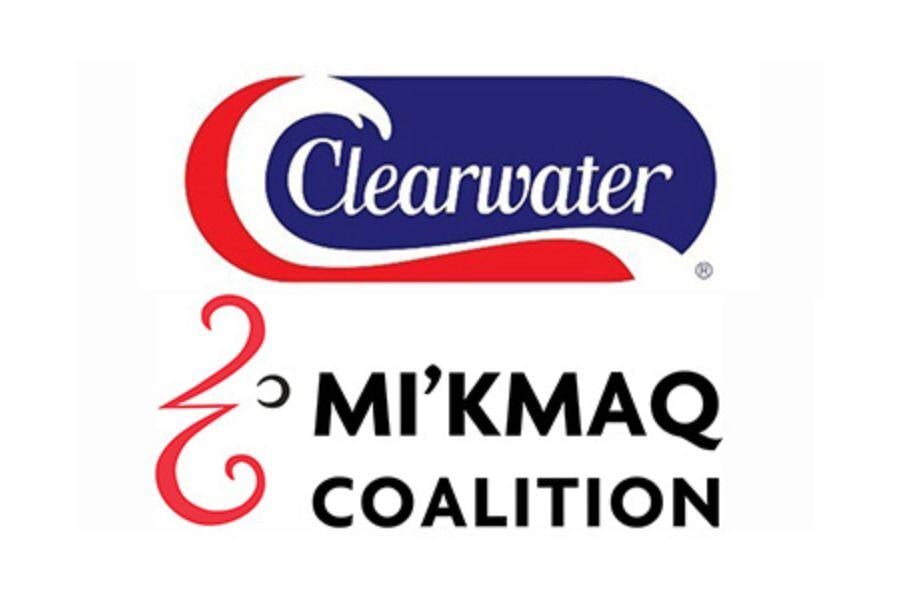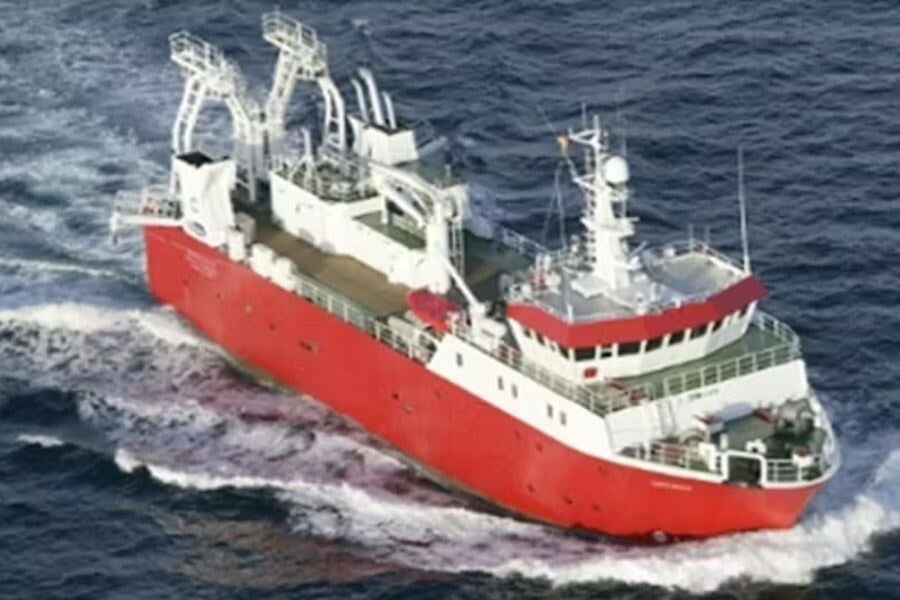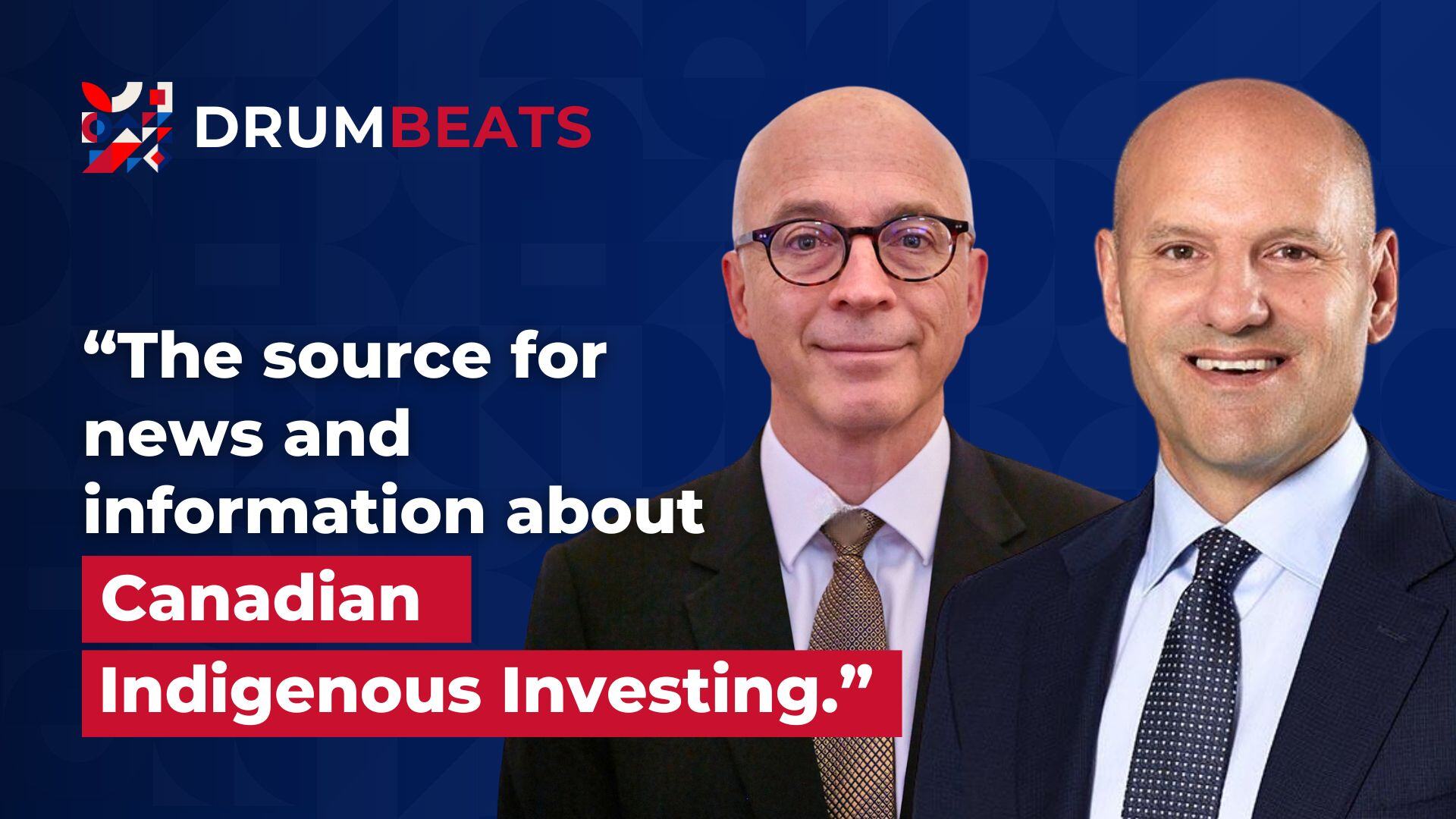
Clearwater Seafoods
Clearwater Seafoods, a well-established name in Canadian seafood, has long been recognised for its dedication to sustainably harvested products. Founded in 1976, the company has built a strong reputation, supplying high-quality seafood across North America, Asia, and Europe. Clearwater was acquired in 2021 by Premium Brands Holdings in partnership with a coalition of Indigenous communities, represented by the Mi’kmaq First Nations. This historic acquisition marked the first time an Indigenous group co-owned a major Canadian seafood company.
Leading the company’s renewed mission are George Paleologou, President and CEO of Premium Brands Holdings, and Chief Terry Paul of the Membertou First Nation. Their leadership combines a deep commitment to Indigenous economic empowerment with a focus on sustainable fishing practices.
Challenges
Clearwater Seafoods encountered a variety of obstacles that posed threats to both their operational efficiency and commitment to sustainability. The challenges included:
Overfishing Concerns
The seafood industry has long faced scrutiny over the issue of overfishing, which jeopardises the health of fish populations and marine ecosystems. Clearwater recognised the importance of sustainable practices to prevent depletion of fish stocks. However, determining the health of various species and ensuring responsible harvesting practices proved to be a complex task. The potential for overfishing not only endangered the environment but also threatened the company's long-term viability and market position.
Inefficient Resource Management
Limited visibility into fishing grounds and resources hindered Clearwater's ability to plan and allocate resources effectively. The lack of accurate data on fish populations and habitats led to inefficiencies in operations, resulting in increased operational costs and reduced profitability. Inefficient resource management also hampered the company's ability to respond to changing market conditions and consumer demands for sustainable seafood.
Regulatory Compliance
Clearwater faced the difficulty of maintaining compliance with stringent government regulations while managing their operations efficiently. Ensuring adherence to sustainability standards required robust data management and analysis to demonstrate responsible practices to regulators and stakeholders.
Market Demands
As consumers became increasingly conscious of the environmental impact of their purchasing choices, the demand for sustainably sourced seafood rose sharply. Clearwater faced mounting pressure to not only demonstrate their commitment to sustainability but also to differentiate their products in a competitive market. Failure to meet consumer expectations could result in lost market share and diminished brand reputation.
Solutions
To address these challenges, Clearwater Seafoods implemented a comprehensive GIS solution that allowed for enhanced data collection, analysis, and visualisation. This innovative approach encompassed several key elements:
Mapping Fishing Grounds
Through GIS technology, Clearwater was able to map and monitor fish populations in real-time. This capability provided critical insights into fish stock distribution, migration patterns, and habitat conditions. With accurate data at their fingertips, the company could make informed decisions regarding harvesting practices, ensuring that fishing activities aligned with sustainability goals.
Data-Driven Decision Making
The integration of GIS with existing data sources allowed Clearwater to analyse patterns, track resource usage, and optimise operational efficiencies. Utilising spatial analysis tools help the company identify trends in fish populations and environmental conditions, enabling proactive management of fisheries. This data-driven approach empowered Clearwater to adapt its strategies in response to changing circumstances, minimising the risk of overfishing while maximising resource yield.
Regulatory Support
GIS technology equipped Clearwater with the tools necessary to maintain compliance with fisheries regulations. Detailed insights into harvesting areas and fish stock health allowed the company to adhere to government standards and report accurately on its sustainability practices. Streamlining data collection and analysis processes efficiently demonstrates compliance, minimising the risk of penalties and enhancing its reputation with regulators and stakeholders.
Stakeholder Engagement
Clearwater recognised that effective communication and collaboration with stakeholders, including local communities, government agencies, and environmental organisations, were crucial to their sustainability efforts.
Partnership Formation

In 2018, Clearwater formed a significant partnership with the Marine Stewardship Council (MSC) and several Indigenous communities across Nova Scotia and Newfoundland. This collaboration aimed to boost sustainable fishing practices, protect local biodiversity, and ensure that operations met both global standards and the needs of the communities whose livelihoods depend on the same waters. Involving Indigenous communities provided Clearwater the opportunity to integrate traditional fishing knowledge, making their operations more culturally sensitive and environmentally attuned.
The partnership framework also included collaboration with scientific research organisations to conduct ongoing marine habitat studies, which informed Clearwater’s conservation efforts and helped them achieve MSC certification across more of their fisheries.
Project Scope and Objectives
This project was designed to take place over five years, with annual assessments and adjustments based on progress toward the above goals.
The partnership project outlined three primary objectives:
Impact and Benefits
Through these milestones, Clearwater achieved measurable benefits:
Environmental Impact - Implementing low-impact harvesting techniques enables Clearwater to reduce its by-catch by 20% and help protect sensitive marine ecosystems. The project also contributed to the overall health of the marine environment, which supports sustainable yields.
Community Impact - The partnership strengthened relationships with Indigenous communities, creating over 200 jobs in the fishing industry for local Indigenous populations. Clearwater’s commitment to fair profit-sharing further enhanced community welfare and demonstrated its support for local economies.
Reputational Gains - Achieving MSC certifications and actively promoting sustainable practices improved Clearwater’s brand image, appealing to environmentally-conscious consumers and increasing brand loyalty.
Through these efforts, Clearwater exemplified responsible corporate behaviour by prioritising environmental health and promoting long-term marine sustainability.
Socioeconomic Benefits
Clearwater’s partnership with Indigenous communities and its sustainable practices yielded significant socioeconomic benefits:
Job Creation and Local Investment: Clearwater’s operations directly contributed to local employment, particularly within Indigenous communities, where employment opportunities are often limited.
Skill Development and Knowledge Sharing: The training programmes Clearwater conducted in partnership with Indigenous groups not only provided new employment but also facilitated the transfer of valuable traditional knowledge to Clearwater’s staff, enriching their understanding of marine stewardship.
Community Well-Being and Economic Growth: Clearwater’s commitment to fair profit-sharing and community projects helped improve the well-being of the communities involved. By reinvesting in these regions and advocating for sustainable fisheries, Clearwater contributed to long-term economic stability in these areas.
Outcome
As a result of these initiatives, Clearwater Seafoods successfully transformed its operations to prioritise sustainability without sacrificing profitability. The implementation of GIS technology allowed for improved monitoring and management of fish stocks, leading to healthier marine ecosystems and more efficient operations.
The positive impact of these changes was evident in Clearwater’s financial performance. The company experienced an increase in sales attributed to the growing demand for sustainably sourced seafood. By aligning their business practices with consumer expectations and sustainability principles, Clearwater solidified its reputation as a leader in the seafood industry.
Clearwater's commitment to sustainability extended beyond operational improvements. The company engaged in collaborative partnerships with local communities, environmental organisations, and government bodies, further enhancing its credibility and trustworthiness. These relationships enabled Clearwater to contribute to broader conservation efforts and promote responsible resource management on a larger scale.

Don’t miss an episode – Subscribe to our podcast!
Listen to invaluable insights from industry leaders. Join our podcast to delve deeper into the world of Indigenous communities, investments, and more. Don't miss an episode - follow our podcast today.
Don’t miss an episode – Subscribe to our podcast!
Listen to invaluable insights from industry leaders. Join our podcast, Drumbeats, to delve deeper into the world of Indigenous communities, investments, and more. Don't miss an episode - follow our podcast today.




